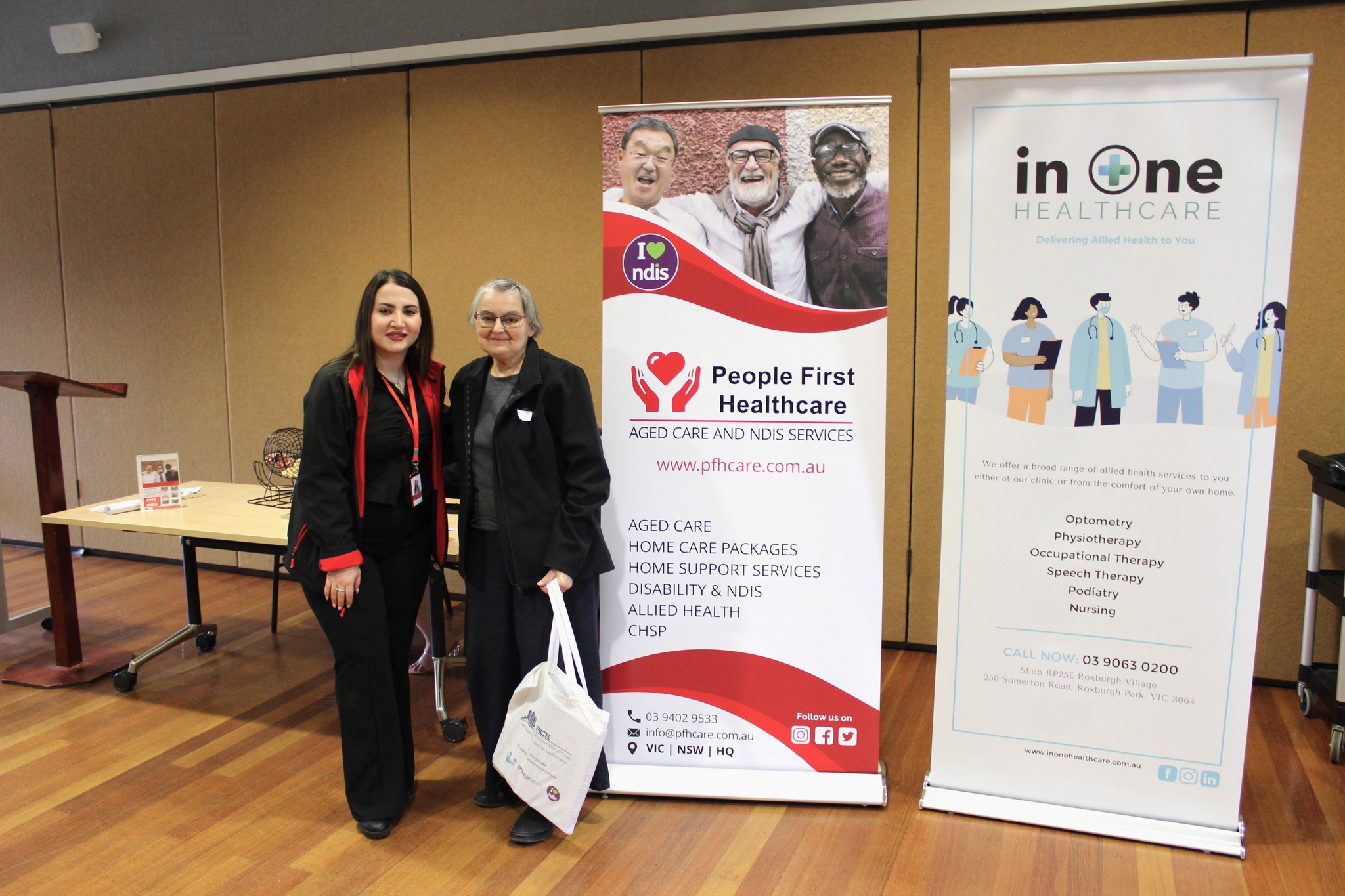The National Disability Insurance Scheme (NDIS) in Australia aims to not only provide financial support for people with disabilities but also to enhance their overall well-being, independence, and community participation. Here are ways in which the NDIS helps individuals connect with the community:
Individualized Plans: The NDIS develops individualized support plans for participants, taking into consideration their unique goals, needs, and aspirations. These plans are designed to support participants in various aspects of their lives, including community engagement.
Support Coordination: Participants may receive support coordination as part of their NDIS plan. Support coordinators assist individuals in navigating and accessing the services and supports available in their community. They help participants build connections with local service providers, community groups, and social activities.
Social and Recreational Activities: NDIS funding can be allocated for social and recreational activities, facilitating participation in community events, clubs, and groups. This can include sports, arts and crafts, social outings, and other community-based activities.
Transportation Assistance: The NDIS may provide support for transportation, enabling individuals to attend community events, gatherings, and activities. This can significantly contribute to social inclusion and community connection.
Skill Development: The NDIS supports skill development to enhance an individual’s ability to engage in social and community activities. This may include communication skills, social interaction skills, and other abilities that facilitate community participation.
Employment Support: For those seeking employment, the NDIS may provide support for vocational training, job coaching, and assistance with finding suitable employment opportunities. Meaningful employment can be a key aspect of community integration.
Assistive Technology: The NDIS may fund assistive technology that helps individuals with disabilities participate more actively in community life. This can include devices or equipment that facilitate communication, mobility, or access to information.
Home Modifications: Modifying the home environment to make it more accessible and functional can contribute to community engagement. For example, home modifications may enable individuals to invite friends over or participate in community events.
Therapeutic Support: Therapeutic support funded by the NDIS can address specific challenges individuals face in social situations. This support may include counseling, behavior management, or other interventions to enhance social skills and relationships.
Community Capacity Building: The NDIS invests in initiatives that build the capacity of communities to be inclusive and accessible. This can involve partnerships with local organizations and initiatives that promote community understanding and acceptance.
In summary, the NDIS is designed to support individuals with disabilities in building connections, participating in community life, and achieving their social and recreational goals. The emphasis is on tailoring support to the unique needs and aspirations of each participant.


